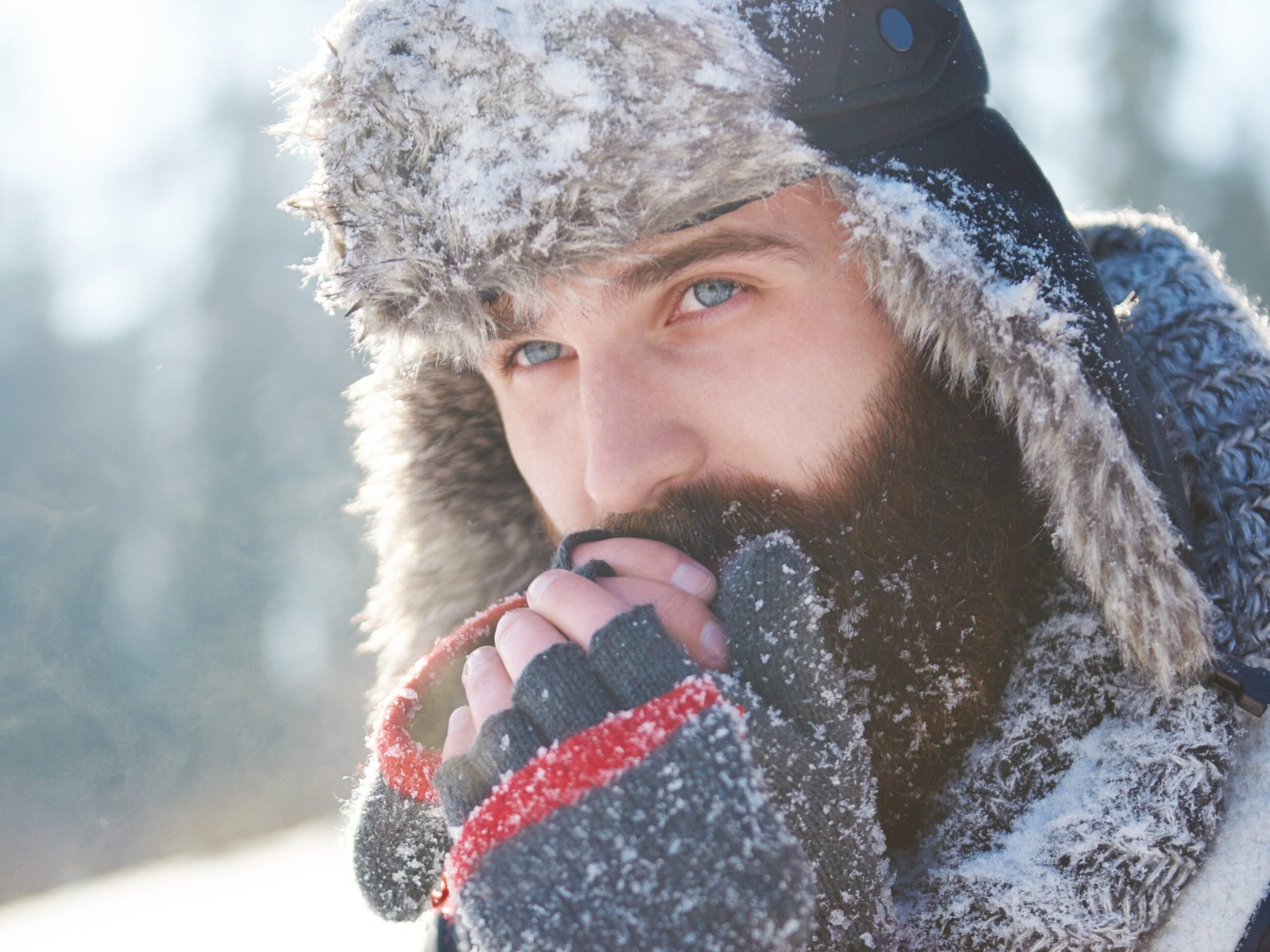How to avoid frostbite? The most important rules you must remember in winter

Frostbite results from exposure of the skin to prolonged or extreme cold. We explain how to protect yourself against them.
The holidays have recently started, so most children (but also their parents and guardians) will spend their free time outdoors. With the drop in temperature and snowstorms that are now occurring in some parts of Poland, it is worth remembering about appropriate protection against frostbite. Although most of us consider extremely low temperatures to be dangerous factors that can lead to such a condition, it turns out that cold wind and humidity can also contribute to this. They cause the tissues to quickly cool down, and as a result, you can get frostbite on your hands, feet, nose or ears even at positive temperatures. Remember that frostbite can pose a threat to life and health.
How to avoid frostbite in winter?
Before going outside in winter, it is worth following the rules that will help us avoid frostbite. What should you remember then? It is very important to dress appropriately. “In frosty weather it is best to wear the so-called onion. There should be at least several layers of clothing under a jacket or other outerwear. The air produced between them is an excellent insulator. However, remember not to overheat,” says Bożena Janicka, a primary care physician, in an interview with the Polish Press Agency.
You can’t forget about a scarf and gloves, but also warm socks and tight shoes that won’t get wet in the snow. It is also extremely important to wear a hat – it is a great protection against the cold. “The most heat from the body ‘escapes’ through the head, and the ears – if they are not properly protected – get cold very quickly” – adds the specialist in PAP. If you go outside on a frosty day without a hat, you risk ear infections and headaches, but the consequences may also be much more serious. “The consequence of hypothermia in the head may be inflammation of the cranial nerves, including the trigeminal nerve, which causes severe pain similar to an electric shock,” said the doctor recently in an interview with “Wprost”. Joanna Piotrowska, neurologist. Check what else may be a consequence of not wearing a hat in winter.
You should also not forget to protect your face against frost – it is worth using creams with a UV filter, smearing your cheeks with a fatty cream and your lips with Vaseline (you can get special Vaseline for your lips with different scents at the pharmacy).
What else should you remember to avoid frostbite?
To avoid frostbite in winter, it is very important to be active. Moving helps maintain body heat. Additionally, movement ensures better blood circulation, which distributes heat throughout the body. So if you are going to stay outside for a long time, it is worth spending this time actively. On the other hand, when you are waiting at the bus stop, for example, try to move around for a while. Choose clothes that protect against rain and snow – if they are wet, frostbite may occur more easily. Also watch out for strong winds, because then the temperature feels much lower.
It’s also a good idea to warm up your body “from the inside” – so don’t forget to eat a nutritious breakfast before going outside (preferably choose something warm). Soups are great for warming you up and are perfect for a winter dinner. Tea with ginger, honey and lemon is also good for warming up. You should avoid drinking alcohol as it may increase the risk of frostbite. It dilates blood vessels and, consequently, causes an illusion of warmth. Frostbite occurs more quickly in people who are at high altitude and are hungry. This may also be caused by dehydration, weakness and fatigue. Additionally, people who suffer from diabetes are at greater risk.






